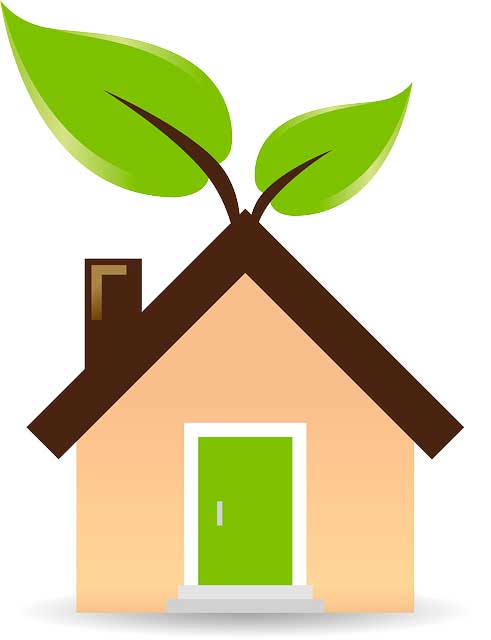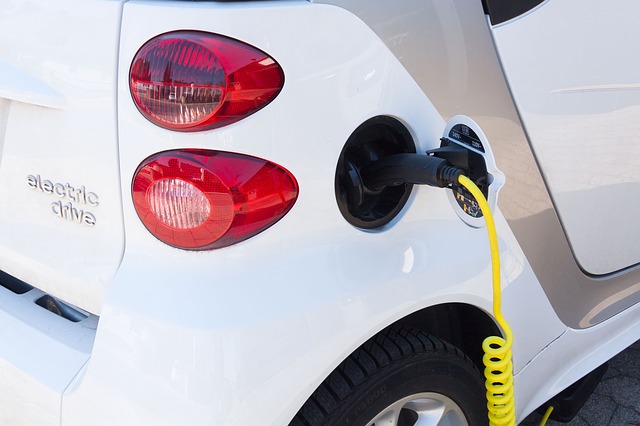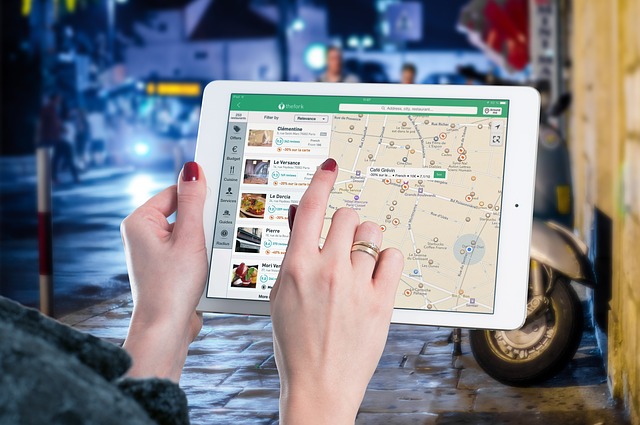Is car-pooling really environment-friendly?
All media are enthusiastic about the constant increase of car-pooling; in France, it grows by 100% per year, its champion being Blablacar with 2 million passengers per month.
But is car-pooling really good for the planet? Not so sure, in fact.
For sure, 2 million passengers per month represent something considerable, representing more than 2 000 double-size trains.
Studies show that mostly, car-pooling websites attract users who consider that train or plane are too expensive. For sure, for 2 persons or more, fares of train journey cannot compete with sharing cost of riding by car, and if you are alone, only low-fare train tickets can compete with car.
But what about CO2 emission?
The myTripSet too on website SNCFVoyages.com, which compares prices and CO2 emissions, gives some interesting information. Train is widely the least CO2 emitter. E.g. a journey Paris-Nantes in TGV emits only 4 kg of CO2. To be compared to 75 kg of a car * and 90 kg of plane. SNCF estimates that average CO2 emission level of train is 13 g per person and per km.
OK, then car-pooling is not environment friendly if we look at gross figures.
Anther argument, does car-pooling lower the number of cars on roads?
It would be great, but truth leads us to answer no in fact: even if they don't have paying passengers, most drivers would not cancel their journey and, mostly, they would not travel by train either.
On the other side, most passengers do not own a car: if not travelling by car-pooling, most passengers would have cancelled or postponed their journey, instead of travelling by train which they often cannot afford. Then, contrarily to a common idea, long-distance car-pooling websites (like Blablacar) ease and increase the number of travels by car, and they take some customers to train, which is more ecological.
This is also valid for home-to-work daily rides: car-pooling permits to share parking places but its use is an incentive to come to work by car instead of using bus or train. Once again, not very ecological.
As a conclusion, car-pooling is not very environment-friendly. However, the other arguments are still valid, like not travelling alone on a long journey, sharing cost or increasing your security (spontaneous and local car-pooling like www.zenoncar.com permits to find a driver to return home if you are unable to drive your own car, e.g. drunk or injured).




























